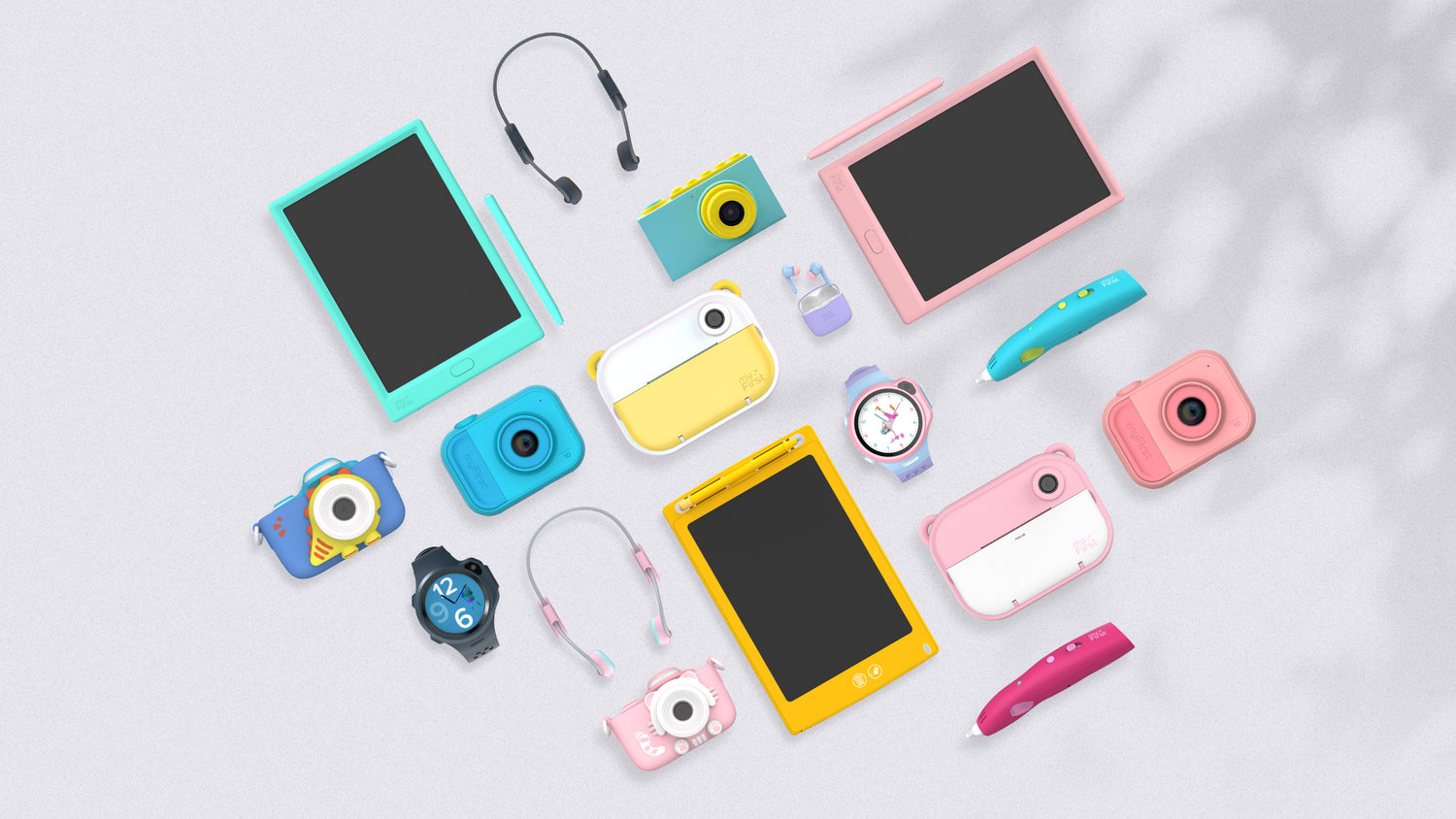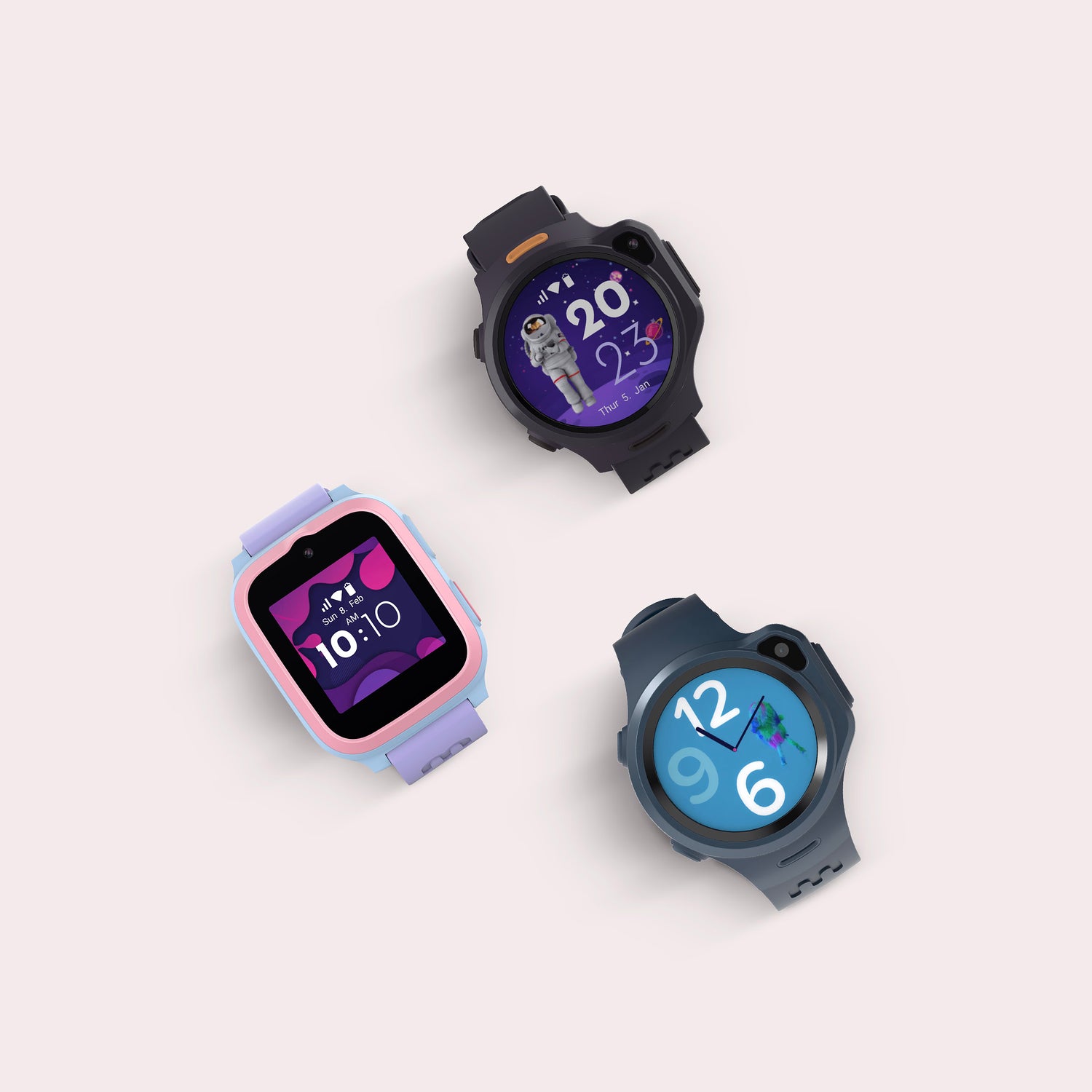
LET THEM GO....LET THEM GROW!
In today’s digital age, American kids are caught in a challenging bind. They are spending excessive time glued to screens while simultaneously having limited opportunities for autonomy. Social psychologist Jonathan Haidt highlights this dilemma in his new book, "The Anxious Generation." He contends that these factors have culminated in a mental health crisis among teenagers, with studies showing that 1 in 5 adolescents reports symptoms of anxiety and depression. Haidt offers a roadmap for parents to flip these factors around, suggesting practical steps to increase children's independence and reduce screen time.
One of Haidt's key pieces of advice for parents is to encourage autonomy in children aged 6 to 13. He suggests simple yet powerful actions like sending kids on small errands, such as a trip to the grocery store. This can be challenging in an environment where societal norms and even laws seem to conspire against such independence. Haidt recalls a story from a parent whose daughter was stopped by police while riding her bike to a local market. This incident underscores the broader societal resistance to granting children more freedom.
Haidt believes that parents need to act collectively to change both laws and social norms. The first step involves advocating for legal changes to ensure that giving kids independence is not misconstrued as neglect. This change has already been implemented in eight states, including Utah, Texas, and Colorado, and is under consideration in others.
The next step is changing group-level norms, which Haidt proposes can be done through the Let Grow Experience. This initiative, part of a nonprofit organization co-founded by Haidt, provides materials for schools to assign children tasks that they can accomplish independently. The idea is to normalize the sight of children performing everyday activities autonomously, such as riding a bike to the store or walking home from school.
For parents who face resistance from their communities, Haidt suggests proactive measures. One innovative solution is for parents to collectively engage with local police and other community stakeholders. For instance, some parents have printed licenses from the Let Grow website for their children to carry, indicating parental permission for their independent activities. This initiative not only empowers children but also helps educate law enforcement and the community about the importance of fostering childhood independence.
Another major recommendation from Haidt is delaying the introduction of smartphones until at least high school. Instead, he suggests providing younger children with basic flip phones or kids smart watch that allow calls and texts but no internet access. This middle ground ensures safety and communication without the risks associated with internet-enabled devices. Haidt points out that this approach was common among millennials, who managed fine with flip phones during their childhoods.
Screen Time and Development
Haidt also addresses the issue of screen time from a broader perspective. It's not just smartphones that are a concern but any internet-enabled device, including tablets and game consoles. He warns against developing screen-based habits from a young age, as they can be challenging to regulate later on. To counteract this, Haidt emphasizes the importance of encouraging outdoor play and unstructured time with peers. He reflects on past decades when, despite higher crime rates, children were allowed more freedom to explore their neighborhoods.
A Call to Action
Haidt is optimistic that change is possible through coordinated action. Parents should not feel helpless but rather empowered to take steps that will lead to broader societal shifts. By reducing screen time and increasing opportunities for independence, we can help our children grow into healthier, more resilient individuals.
In summary, Haidt’s insights remind us that fostering autonomy and reducing screen time are crucial steps in addressing the mental health challenges facing today’s youth. By acting collectively and proactively, we can create environments where children thrive through exploration, play, and real-world experiences.
Why Shop myFirst?
At myFirst, we understand the importance of balancing screen time with real-world interactions. Our products, such as the Kids Smart Watch, are designed to provide safety and communication without the drawbacks of internet-enabled devices. By choosing myFirst, you are investing in your child's independence and well-being, offering them tools that promote outdoor play and exploration. Join us in creating a healthier, more active future for our children.







